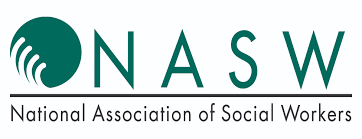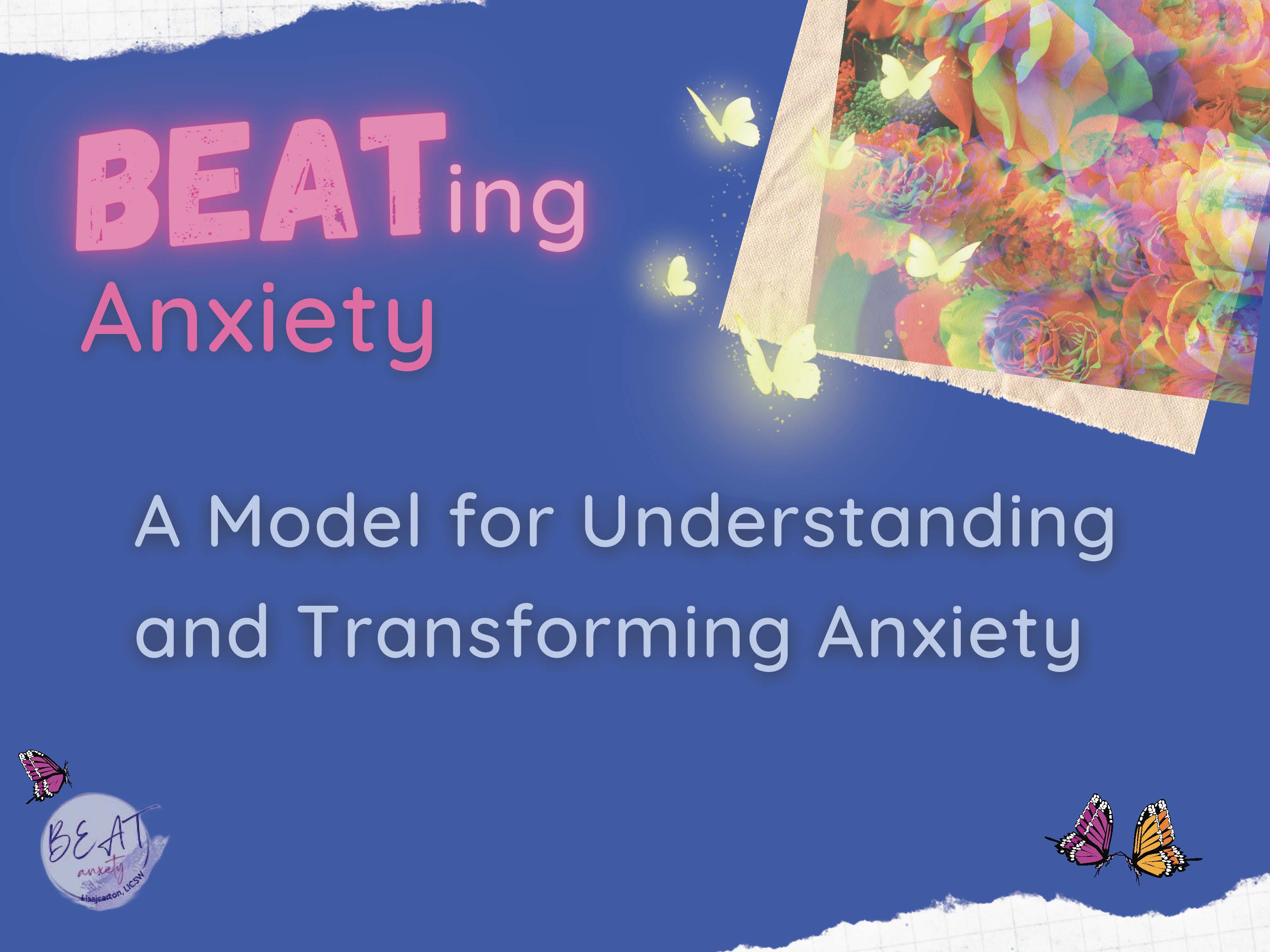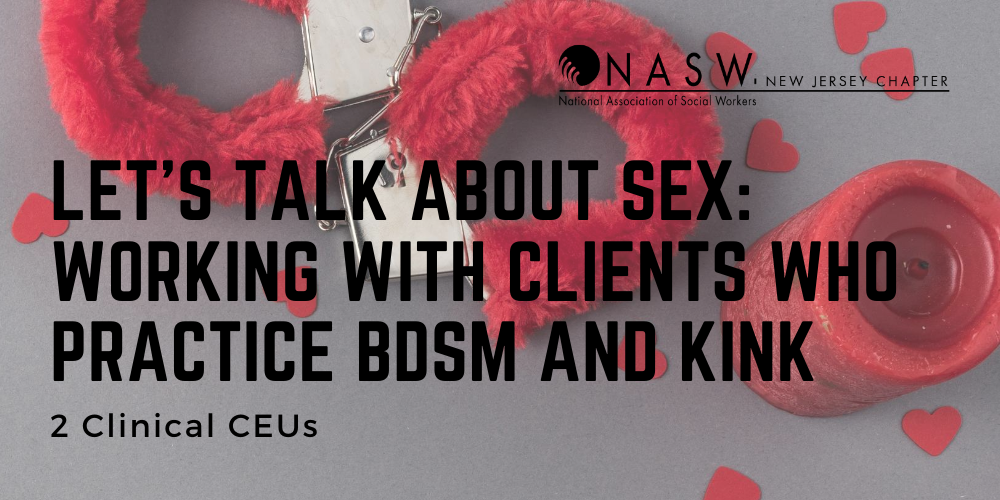|
|
Faith-Based and Secular Meditation: Everyday and Posttraumatic Applications
|
|
LinkedIn
E-Mail
|
PLEASE READ BEFORE PURCHASING – You are registering for credits ONLY. In order to complete this course and claim the credits, you must separately purchase and read Faith-Based and Secular Meditation: Everyday and Posttraumatic Applications, by Raymond Monsour Scurfield, from NASW Press, then complete an exam. After you purchase the credits on the Social Work Online CE Institute, navigate to your My Products page and click the green Play button to purchase the publication from NASW Press. Once you have read the publication, navigate back to your My Products page and click the blue Get Certificate button to complete the exam. Please only attempt to complete the exam after you have separately purchased and read the publication.Drawing on his 40+ years of meditation practice, experience as a Vietnam veteran, and decades of psychotherapy work with his clients, Ray Scurfield demonstrates how to introduce meditation into treatment for clients with posttraumatic stress disorder or everyday stress. His 12-step method includes selecting a meditation technique that is best suited for each client, preparing for physical challenges during meditation, how to focus on breathing and manage inner and outer distractions, practicing together during sessions, and helping clients create a meditation routine.
This is a unique, creative, and practical book. Scurfield incorporates 100+ authenticated proverbs and sayings to illustrate key points. These range from Hindu, Buddhist, and Christian, to African, Native Hawaiian, and contemporary music and sports, e.g., “What you put attention on grows in your life,” "The gift is next to the wound,” and “Watch the (base)ball hit the bat.”
Using real-world examples, Scurfield shows that meditation can be practiced with or without a religious or spiritual element. He offers reassurances for secular-based clients that meditative practices are not in conflict with their nonreligious views. Conversely, he explains how faith-based approaches can have a complementary relationship with religion and prayer.
This book focuses on four types of meditation: mantra-based (“I am courageous,” “Jesus, give me strength”), breath-count based (7-11, 2-4-2-6), mindfulness-based (focus on sight, sound, touch), and mantra/breath hybrids. Scurfield uniquely describes how “spot” meditations can be applied in stressful activities (e.g., stuck in traffic, disagreement with one’s partner, a serious medical appointment) to quickly reduce anxiety, anger, sadness, and posttraumatic symptoms. He also describes how to apply meditation principles and strategies to significantly enhance affirmations and prayers.
Through meditation, this unique work encourages therapists to provide a safe space for their clients to experiment with their own healing; generate solutions that mesh with their belief systems; and engage in ways of thinking, acting, and doing that promote health, responsibility, and change.
Learning Objectives:
- Understand the core elements and dynamics of four primary forms of meditation: mantra, breath-counting, mindfulness, and hybrid.
- Identify the key positive research-studied findings about the impact of meditation, and potential negative side-effects/limitations.
- Understand the major characteristics of, and differences between, faith-based and secular forms of meditation, and the complementary relationship between meditation and prayer.
- Be familiar with and implement the 12 steps to introduce oneself and clients to the practice of meditation.
- Describe, understand, and apply key breathing principles to enhance meditation, sports performance, and daily life endeavors.
- Be familiar with and understand how many wise, authenticated Eastern, African, Native Hawaiian, and Western proverbs and metaphors from across the centuries illustrate key meditation principles and applications to modern day living.
- Understand the usage of Buddhist gathas, as well as tactical or “spot” application of meditations, to address everyday life issues and challenges.
- Identify the key strategies to incorporate meditation with Gestalt and Humanistic therapies, Cognitive Behavioral Therapy, and systematic desensitization to treat PTSD (Posttraumatic Stress Disorder).
| Price | Early Registration | Standard |
|---|
| Non-Member | N/A | $35.00 | | Member | N/A | $27.00 |
|
Customers Who Bought This Item Also Bought
(CE Tracker)
NASW CE Tracker
(CEtoGo)
Addressing Suicide From the Person-in-Environment and Social Justice Perspectives - David Derezotes LCSW, PHD 1.5 SUICIDE CREDITS
(CEtoGo)
A Discussion on School Based Violence: A Description, Prevalence and Tools for Social Workers
(Self Study)
ADHD: The Neurobiology, Motivation and Treatment
(Self Study)
Beating Anxiety: A Model for Understanding and Transforming Anxiety
(CEtoGo)
How to Be a Transgender Ally and Pitfalls to Avoid
(External Course)
Social Work Documentation: A Guide to Strengthening Your Case Recordings, 3rd Edition
(Self Study)
Law Enforcement, Social Work & Deflection
(Self Study)
Forensic Social Work Practice: Military Veterans in the Criminal Justice System
(CEtoGo)
Extreme Risk Protection Order (Red Flag Law) – Presented by the NASW-NJ Chapter
(Self Study)
IA: Exposure & Ritual Prevention: The Most Effective Behavioral Treatment for OCD (SELF STUDY)
(Self Study)
Let’s Talk about Sex: Working with Clients Who Practice BDSM and Kink
|
|

 Adding Registration, Please wait...
Adding Registration, Please wait...










